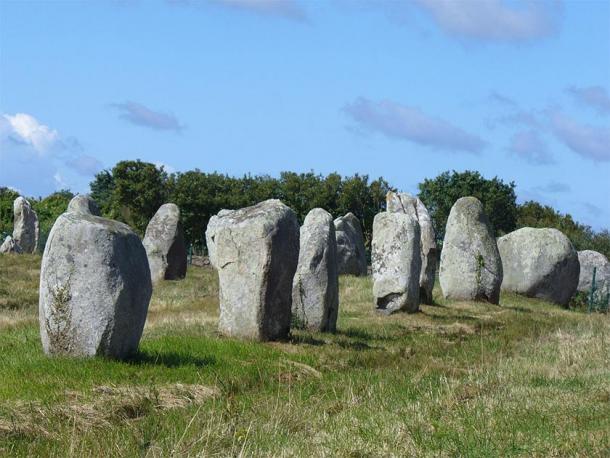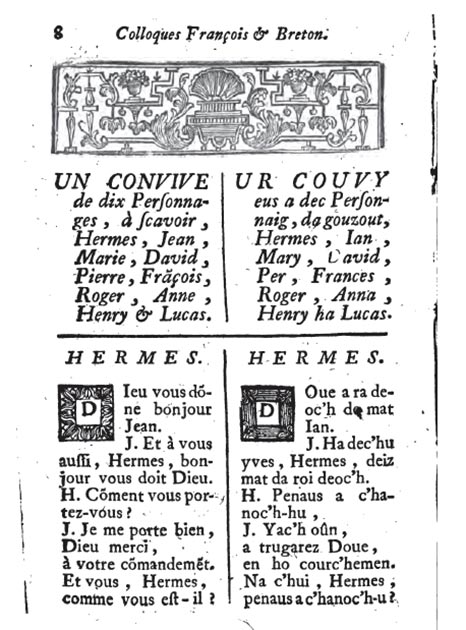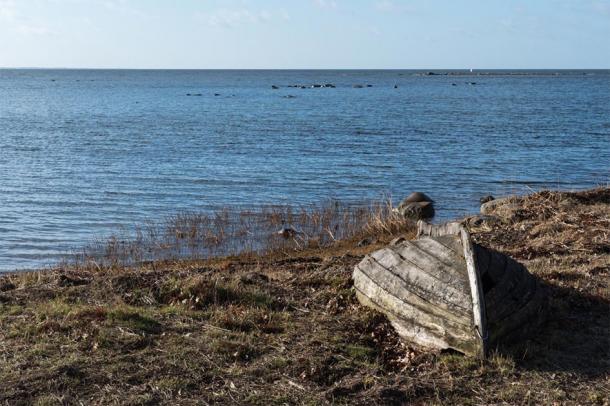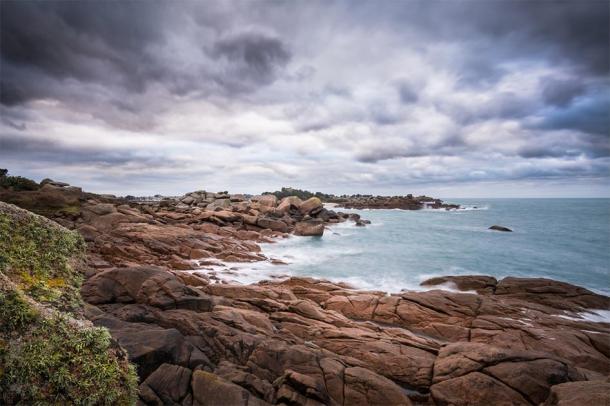Mystery behind inscription on rock in French cove solved after 230 years

Mystery behind inscription on rock in French cove solved after 230 years
A competition was launched to help decipher the mysterious inscription, 230 years old, found on a rock slab discovered on the coast of Brittany and reveals the story of a tragic death at sea.
When one thinks of Brittany in northwestern France the megalithic Carnac stones generally come to mind. The vast astronomical observatory of stone rows, dolmens (stone tomb and burial mounds) and single towering menhirs (standing stone), which were built sometime during the Neolithic period, is formed by over 3000 prehistoric stems and some are estimated to be as early as 45,000 BC.

A much smaller stone, with an infinitely more complicated nature, was discovered three years ago in a cove in Brittany that was only accessible at low tide and this meter-high slab bears 20 lines of inscription.
The years “1786 AD and 1787 AD” are carved on the stone, which dates the inscription to a few years before the French Revolution, according to a recent BBC report.
In addition, a ship and a heart are surmounted by a carved cross, adding upside down lines of normal French letters to this mystery inscription, and some Scandinavian Ø letters are even present.
According to a report in RFI, “The contest spread around the world on social media,” said Véronique Martin, a member of the council, from the village of Plougastel-Daoulas in Brittany, who came up with the idea of holding a competition to crack the inscription . Martin said the competition mainly attracted “treasure hunters, and people who are passionate about research and solving mysteries”.
After announcing the contest in May she received “2000 queries” and her office sent out 600 application forms within the first six weeks of the contest. The mystery writing , that defied all attempts at interpretation by local academics, was thought by many to be old Breton or Basque, and that the person who wrote it may only have been semi-literate. A May 2019 BBC article said the letters may “relate to the sounds of words ” as the writer heard them.

In one section the letters read: “ROC AR B … DRE AR GRIO SE EVELOH AR VIRIONES BAOAVEL” while another says: “OBBIIE: BRISBVILAR … FROIK … AL”. One theory was that the inscription related to the building of a fort and gun emplacements to protect the Bay of Brest, near to where the stone was found. But now, the stone has been successfully translated by two sleuths and the inscription turns out to record a tragic death at sea.
An article in the Jerusalem Post reports that “61 completed translations” were submitted in the competition. Most entries came from France but contestants entered from the US and as far as Thailand.
A panel of historians judged all the entries and declared “two winning theories” were the most plausible interpretations. Mayor Dominique Cap says the two translations that were forwarded differed slightly, but the resulting stories were “very similar” and both winners concurred that the inscription was a remembrance of a man who had died at sea.

Noël René Toudic, an English teacher and Celtic language expert, said he worked on the stones message on the assumption that the writer was a semi-literate man speaking 18 th century Breton and his translation reads:
“Serge died when with no skill at rowing, his boat was tipped over by the wind.”
Historian Roger Faligot and artist Alain Robet submitted the other translation which they also claimed was written in Breton, but they believe some of the words were written in the Welsh language, and their translation reads:
“He was the incarnation of courage and joie de vivre. Somewhere on the island he was struck and he is dead.”
These two winning entries will split the $2,169 (€2,000) (£1,679) prize money and Mayor Cap said there was still a long way to go to “completely solve the mystery” but he described the result of the competition as a “big step forward,” according to the BBC.
